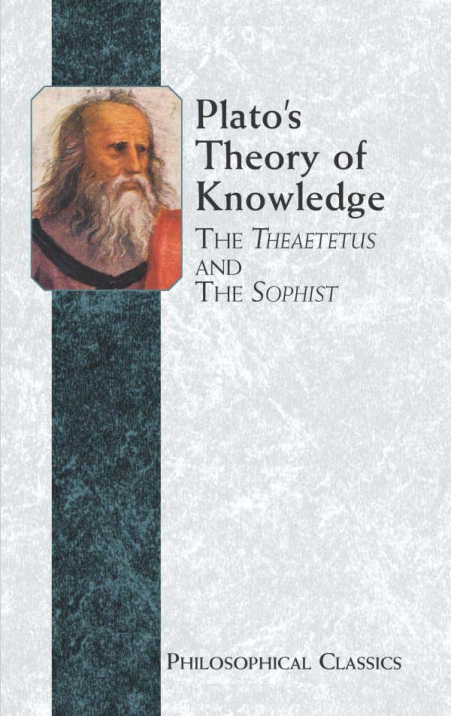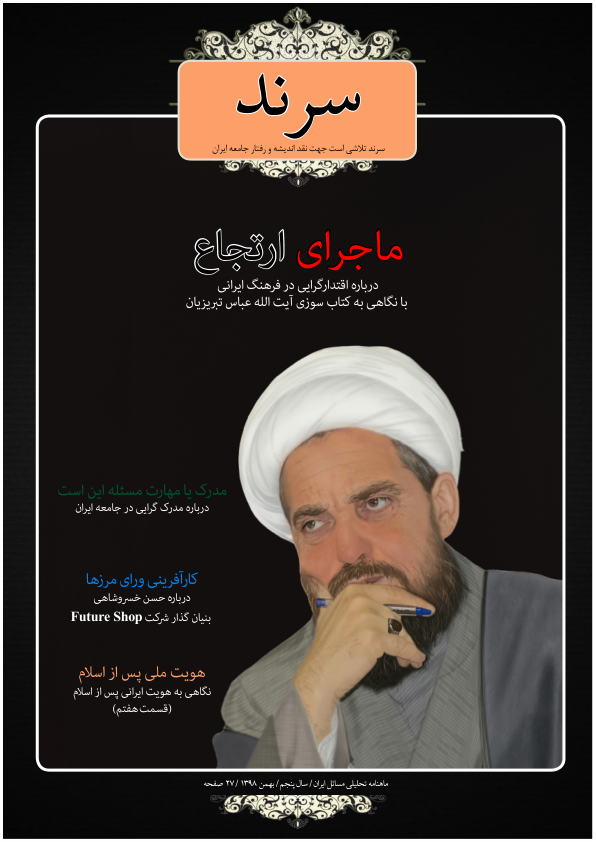Students of Plato and other ancient philosophers divide philosophy into three parts: Ethics, Epistemology and Metaphysics. While generally accurate and certainly useful for pedagogical purposes, no rigid boundary separates the parts. Ethics, for example, concerns how one ought to live and focuses on pleasure, virtue, and happiness. Since, according to Plato (and Socrates), virtue and happiness require knowledge, e.g., knowledge of goods and evils, Plato’s ethics is inseparable from his epistemology. Epistemology is, broadly speaking, the study of what knowledge is and how one comes to have knowledge. Among the many topics included in epistemology are logic, belief, perception, language, science, and knowledge. (‘Science’ derives from the Latin ‘scientia’, which in turn translates the Greek ‘episteme’, from which English derives ‘epistemology’.) Integral to all of these notions is that they (typically) are directed at something. Words refer to something; perception (aesthesis in Greek) involves perceptibles; knowledge requires a known. In this respect, epistemology cannot be investigated without regard to what there is.
 کتاب سل Ketab Sell | کتاب سل، بزرگترین منبع کتاب و جزوههای دانشجویی
کتاب سل Ketab Sell | کتاب سل، بزرگترین منبع کتاب و جزوههای دانشجویی









Reviews
There are no reviews yet.